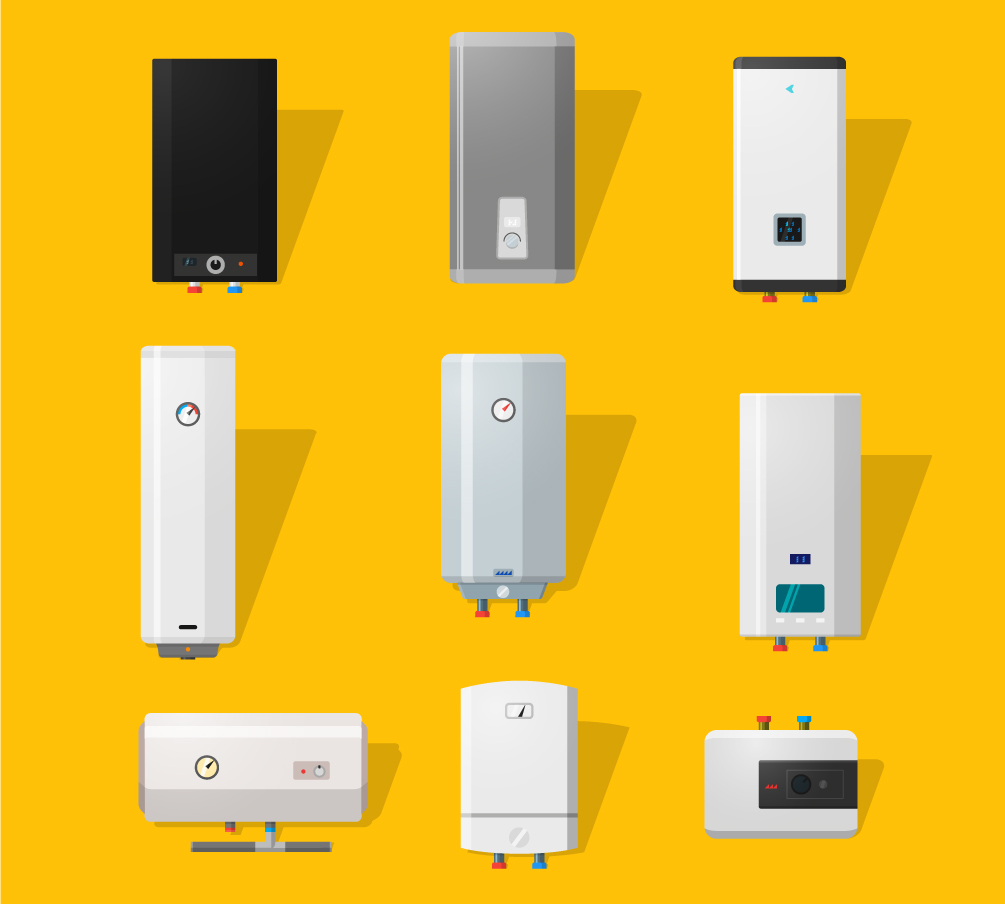DESIGN
Heating systems

The drive to improve the energy efficiency of homes and reduce carbon emissions has resulted in a dramatic change in building regulations – particularly in ROI with similar moves expected for NI. For instance, burning only fossil fuels to heat your space and water will be entirely banned in ROI by 2025.
The good news is that there are lots of options including hybrid fossil/renewable systems that work well. Navigating the myriad of choices available is best done with the assistance of an energy consultant who will take into account insulation and airtightness levels along with extent of glazing and choice of ventilation system. Not only willthey undertake the calculations required (Dwellings Energy Assessment Procedure in ROI and Standard Assessment Procedure in NI) but will use their knowledge to offer advice on the best type of system considering your lifestyle and planned use of the rooms.
From the plans your designer has produced and taking into account your preferred build method and your target level of energy efficiency as well as occupancy, the energy assessor’s Heat Loss Calculation will determine, among other things, the heat load required for each room and water heating. This is the point where you may need to adjust your specification of insulation in the floor, walls, roof or windows to achieve either the minimum building regulation or other target such as the Passive House standard. Note that overheating calculations are now mandatory in ROI too.
When you know what the heat requirement is for each room you can discuss your preferences in relation to heat source and heat emitters, and go through the pros and cons of each. A very well insulated home may only need a small stove or spot radiators to cope with the colder days whereas a less well insulated home may require a full central heating system.
Heat pumps have become commonplace in ROI new builds, as they tick both the low energy and renewables requirements of the building regulations. The technically minded are advised to check out the Building Research Establishment (BRE) heat pump comparison sheet here.
Heat pumps are more efficient at producing space heating than hot water. This is because space heating only requires a low temperature to work efficiently but hot water needs a much higher, usually 65degC, temperature to kill Legionella bacteria. The higher the temperature the lower the heat pump efficiency (less output units of heat produced for each input unit of electricity).
Air to water are most common type; in all cases the most important aspect to consider is system sizing – the unit needs to be large enough to deal with the demand (how much you will need to keep the house warm) as calculated by your energy assessor. This needs to be calculated for your specific home.
Solar thermal panels, which generate hot water only, can be used in conjunction with fossil fuel boilers.
Condensing boilers, oil or gas fuelled, can also be used in conjunction with photovoltaic solar panels and comply with the 2019 round of ROI building regulations, and in NI can be installed standalone. Biomass which includes wood, remains a popular a fuel, for boilers, stoves or even masonry heaters. For existing homes there are grants available in both NI and ROI.





